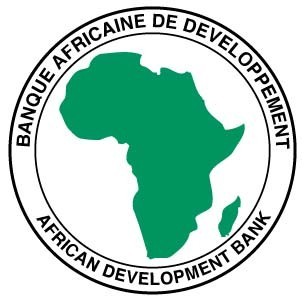August 24, 2012
The Key to the Success of Eritrea
 Part I | In its July 2012 edition, the latest African Economic Outlook, officially published by the African Development Bank, has comprehended annual report highlighting the following points regarding Eritrea.
Part I | In its July 2012 edition, the latest African Economic Outlook, officially published by the African Development Bank, has comprehended annual report highlighting the following points regarding Eritrea.
• “The coming on stream of mining projects with the substantial foreign investment… has been a key stimulant to growth;
• Eritrea’s ports to become gateways to African and Middle Eastern trade in the medium term;
• Socio-economic policies and programs need improvement”.
• Inflation expected to decline due to improved agricultural and drought prevention measures by the Government;
• Infrastructure improvements will lead to diversified economy creating jobs in tourism, construction etc.
• Exposure to world mineral prices could bear risks and opportunities to growth;
• Eritrea focuses successfully on self-reliance to a degree not seen anywhere else in Africa;
• Eritrea not affected by food crisis or drought nowhere near as severe as the neighboring countries
These are annual forecasts printed in the recent edition of African Development Bank’s economic outlook for Eritrea. It has time and again been stated that Eritrea is not a country, whose internal well-being counts upon certified awards as well as a panacea prescribed by foreign reports. Indeed, Eritrea shall never abandon its long-standing principle based on the colored positivity of the account stated above.
No party whatsoever can and should, to a nicety, feel empathy with Eritrea’s internal state of affairs, course of action and policies. Mining or gold by no means underpin the key to Eritrea’s socio-economic progress. If minerals alone were pacific shields dispensing with adversity, the fertile land for cacao, which is shorn of chocolate; the indigence-stricken country, which ranks seventh in reserves of petroleum; as well as the country, which is blessed with watersheds and arable lands and yet is the global emblem of drought and famine are cases in point. In light of this fact, Eritrea has invariably been on the alert with obsessions mineral prospects might pose against sustainable economic development.
Needless to say, Eritrea’s economic accomplishment thus deserves scrutiny from a broader perspective. Values and principles that constitute the political and philosophical ethos underpinning those mutually complementary multiple sectors, whose synergic effect in economic growth is being witnessed, are numerous and complicated. At a time during which the world is experiencing economic meltdown, especially, the Horn of Africa undergoing ‘Biblical drought and famine’, forthcoming articles shall deal with Eritrea’s secret to success!



